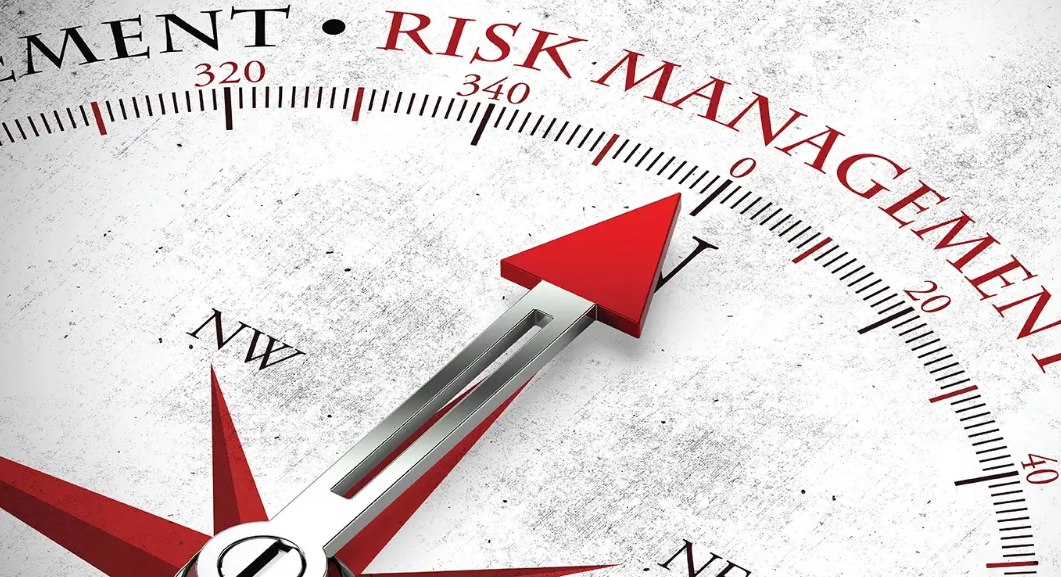Introduction :
In today’s rapidly changing business landscape, where risks and uncertainties abound, corporate insurance has become an essential tool for protecting companies against unforeseen challenges. This article explores the significance of corporate insurance, its benefits, and the various types of coverage available. From safeguarding assets to mitigating liabilities, insurance offers peace of mind to businesses, allowing them to focus on growth and success. Whether it’s protecting against property damage, legal claims, or cybersecurity threats, having comprehensive insurance coverage is crucial for ensuring the longevity and resilience of any company.
1. The Foundations of Corporate Insurance :
Corporate insurance is a comprehensive risk management strategy that shields companies from financial losses due to unforeseen events. It encompasses a wide range of coverage options tailored to meet the unique needs of different industries. The primary goal of corporate insurance is to protect businesses from potential risks that could disrupt their operations, harm their reputation, or lead to substantial financial setbacks.
2. Types of Corporate Insurance :
There are several key types of corporate insurance that companies should consider. Property insurance safeguards physical assets such as buildings, equipment, and inventory against perils like fire, theft, or natural disasters. Liability insurance protects businesses against legal claims arising from third-party injuries, property damage, or professional errors. Workers’ compensation insurance provides coverage for employee injuries and illnesses sustained on the job, ensuring fair compensation and medical benefits. Additionally, business interruption insurance offers financial support to companies facing temporary closure or operational disruption due to covered perils.
3. Emerging Risks: Cybersecurity and Data Breaches :
In the digital age, cybersecurity has become a paramount concern for businesses. The potential risks associated with data breaches, network intrusions, and other cyber threats pose a significant challenge. Corporate insurance solutions such as cyber liability insurance help mitigate the financial fallout from data breaches, covering expenses related to breach response, legal fees, and potential lawsuits. By obtaining adequate cyber insurance, companies can minimize the financial burden and reputational damage caused by cyber incidents.
4. Assessing Risk and Customizing Coverage :
Every business faces unique risks, which is why it is essential to assess potential vulnerabilities and tailor insurance coverage accordingly. Engaging with an experienced insurance broker or risk management consultant can provide valuable insights into a company’s specific risk profile. They can help identify potential gaps in coverage and recommend appropriate insurance products that align with the company’s risk appetite and budget. Regularly reassessing insurance needs is crucial as businesses evolve, expand, or venture into new markets. Adjusting coverage based on changing circumstances ensures that companies remain adequately protected.
Conclusion :
Corporate insurance plays a vital role in safeguarding businesses from unexpected events and potential financial ruin. It offers comprehensive protection against a wide range of risks, including property damage, legal liabilities, worker injuries, and cyber threats. By investing in the right insurance coverage, companies can mitigate potential losses, preserve their reputation, and maintain business continuity. Engaging with knowledgeable insurance professionals is essential to understand the specific risks faced by a company and customize coverage accordingly. As the business landscape continues to evolve, insurance must be viewed as an integral part of any comprehensive risk management strategy. By prioritizing corporate insurance, businesses can navigate uncertainties with confidence, ensuring their long-term success and resilience in an ever-changing world.
